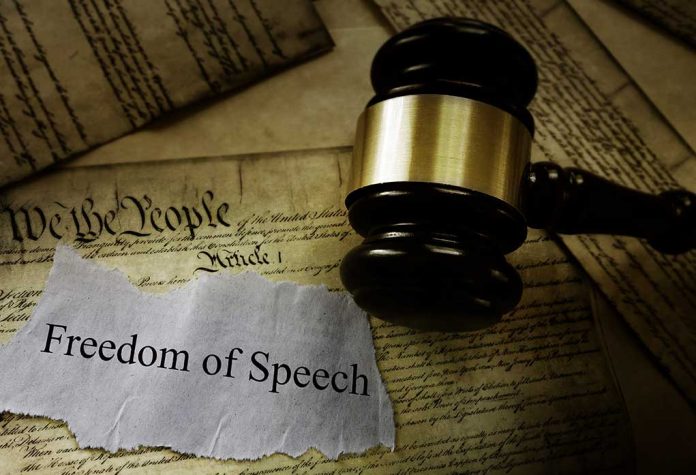
(LibertyInsider.org) – The Bill of Rights is another name for the first 10 amendments to the US Constitution. It’s commonly believed that they were an afterthought to the Constitution. As it turns out, they were vital to the Constitution’s passage and not something considered later.
Importance Then and Now
The Bill of Rights was essential to the Founding Fathers. The reason for making this addition to the Constitution was to help protect individual rights and prevent the federal government from becoming too powerful.
The Bill of Rights was also very essential to ensuring all the states would ratify the Constitution itself when the matter came up for a vote. Some people were worried that the Constitution gave too much power to the government and not enough to the people, which meant there was serious risk ratification would not happen at the state level.
By making this addition, which outlines multiple individual rights of the people, the Founding Fathers ensured the Constitution’s eventual ratification.
Landmark Court Cases
The Bill of Rights protects fundamental rights many Americans take for granted. The right to free speech, assembly and press freedom are all protected by the First Amendment. The Second Amendment protects citizens’ rights to private ownership of firearms. The Supreme Court of the United States (SCOTUS) eliminated the argument of gun control advocates that attempts to limit the right of ownership to those connected with a militia in District of Columbia vs. Heller (2008). The Fourth and Fifth Amendments protect against unwarranted searches and from self-incrimination.
The Fifth Amendment led to a famous SCOTUS case, Miranda vs. Arizona (1966), which granted individuals the right to refuse to answer questions asked by the police that could incriminate them. Similarly, the justices used the Sixth Amendment to grant the right to an attorney to people accused of a crime on the state level in Gideon vs. Wainwright (1963). These make up the Miranda rights that police procedural television shows have made well known to just about every home in America.
It should be noted that the amendments do not always offer unlimited freedom to act, the court has ruled several times that there are occasions where the government’s compelling interests take priority. For example, three cases decided in 1919 declared that the First Amendment did not protect individuals from prosecution during a time of war. Those were:
- Schenck vs. United States obstructing military recruitment (verbal)
- Abrams vs. United States encouraging and provoking resistance to the U.S.
- Debs vs. United States 2nd case about obstructing recruitment (printed)
The remaining amendments may not be as familiar to Americans as those four but are vital to everyday freedoms behind the scenes.
It is challenging to imagine the US without the Bill of Rights. They are as vital to American life as the pursuit of life, liberty, and property.
Copyright 2023, LibertyInsider.org














